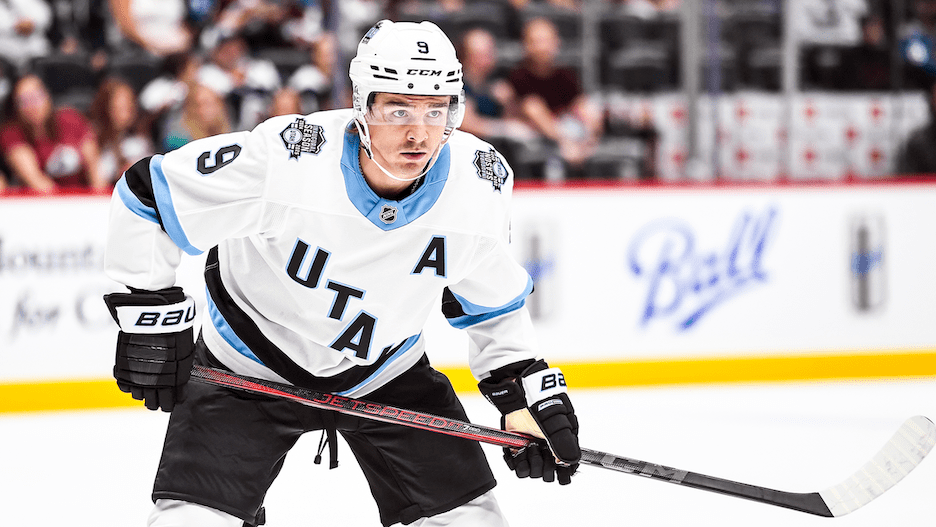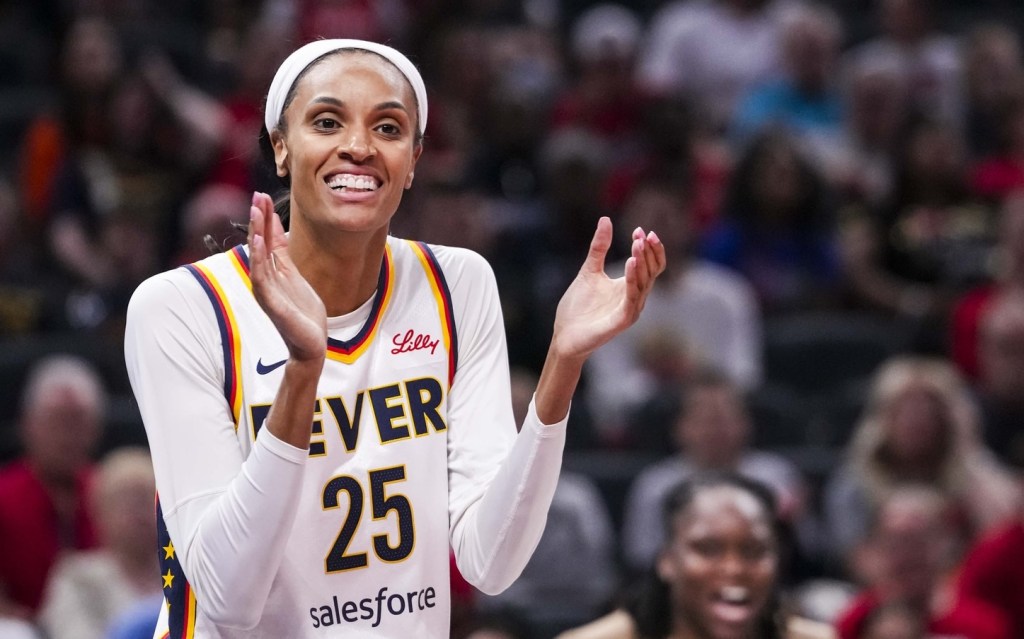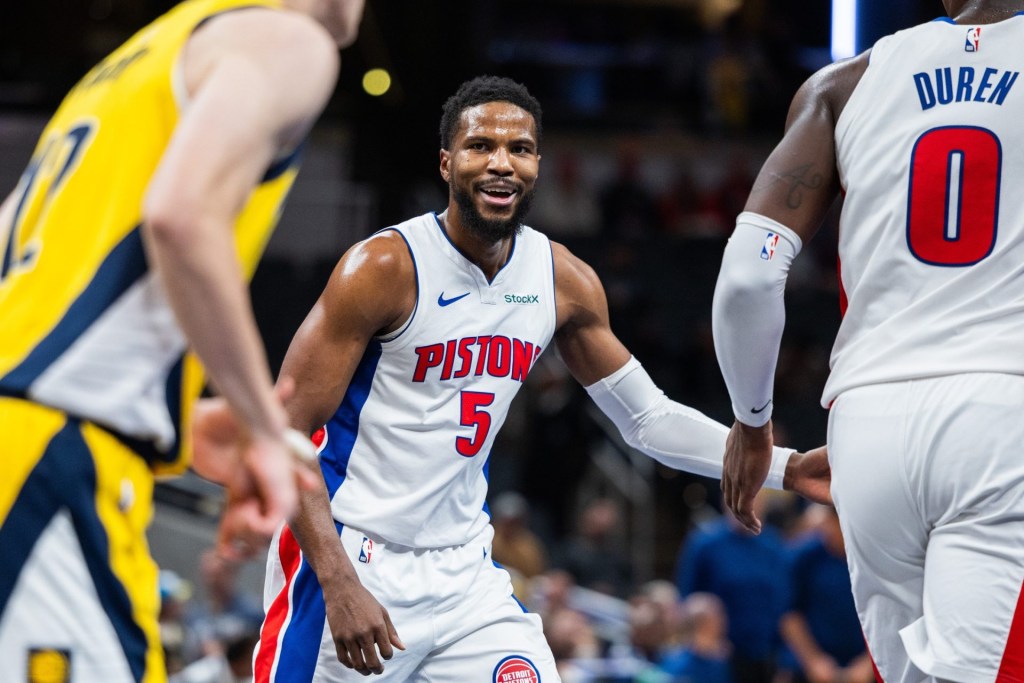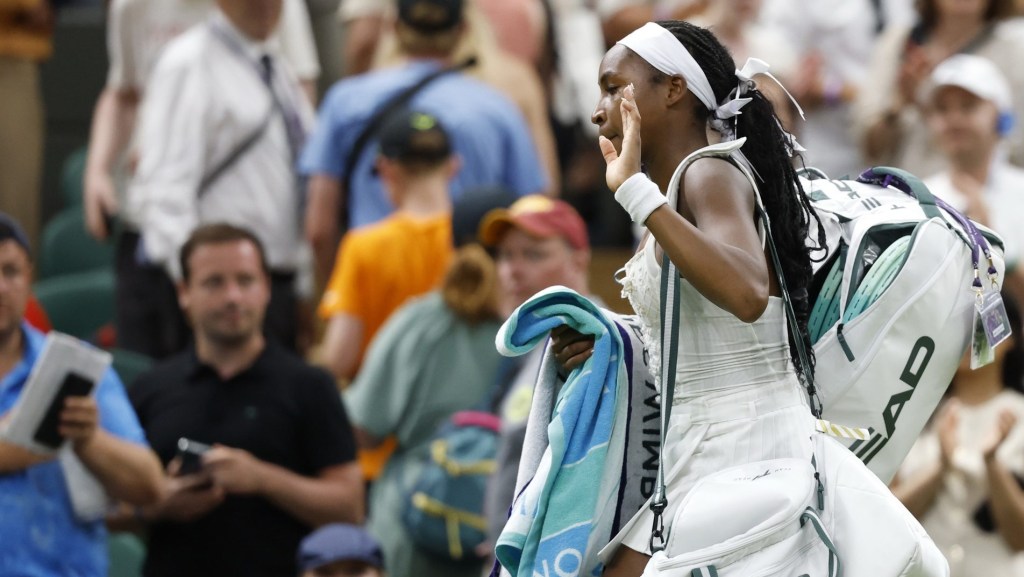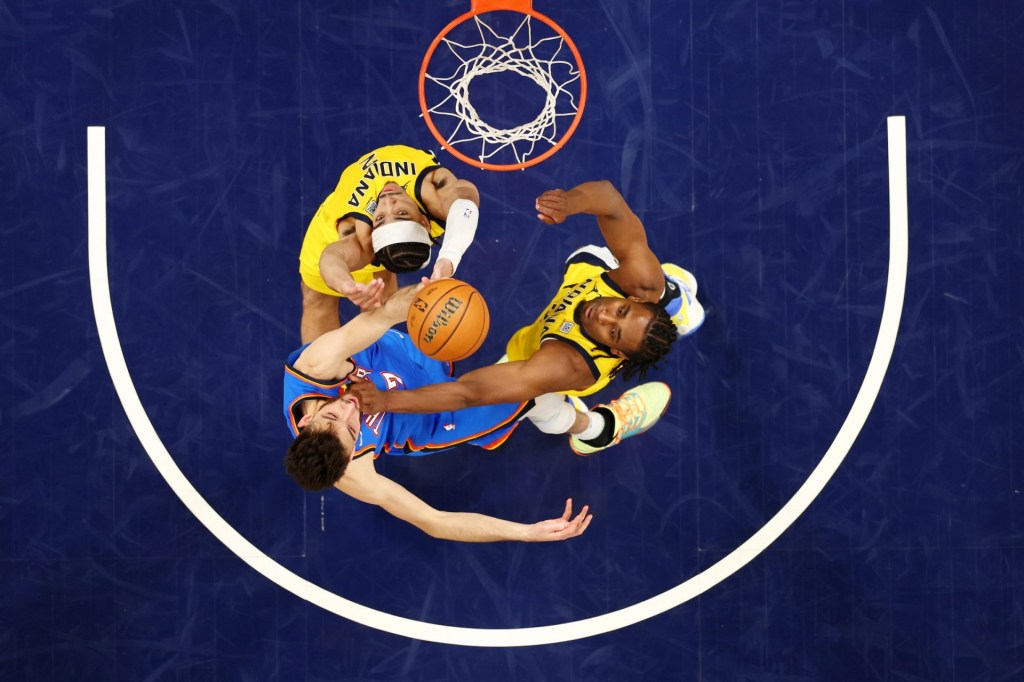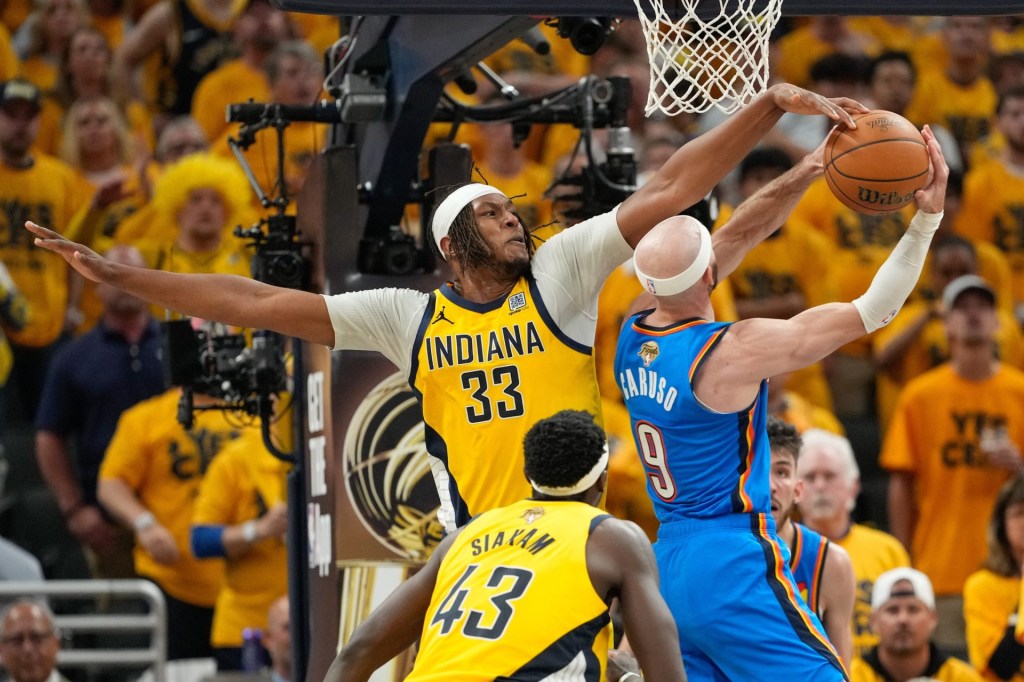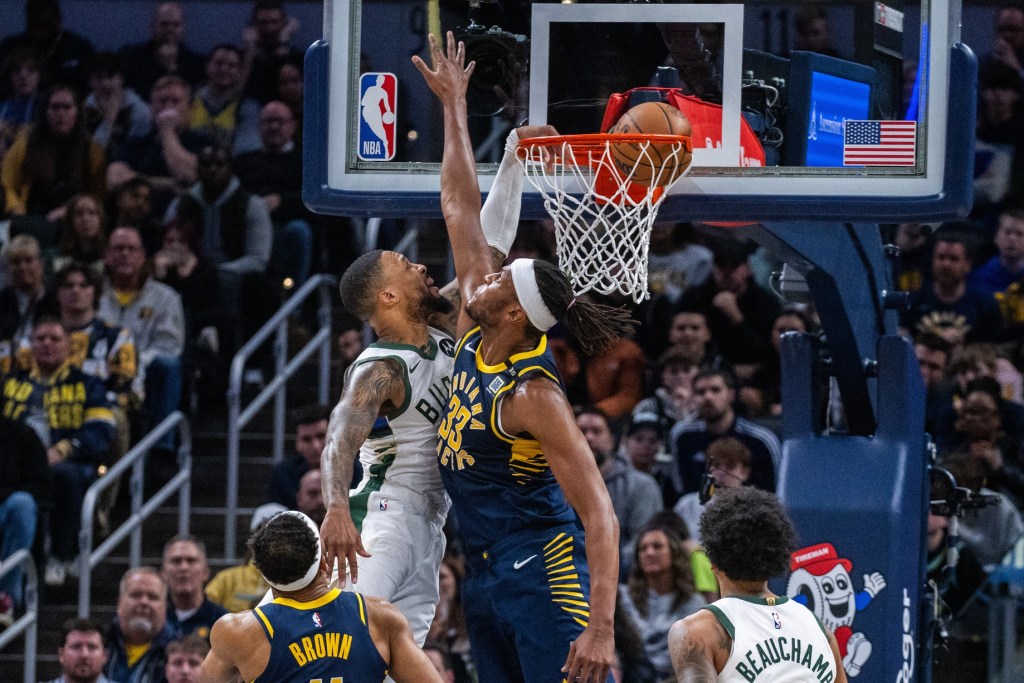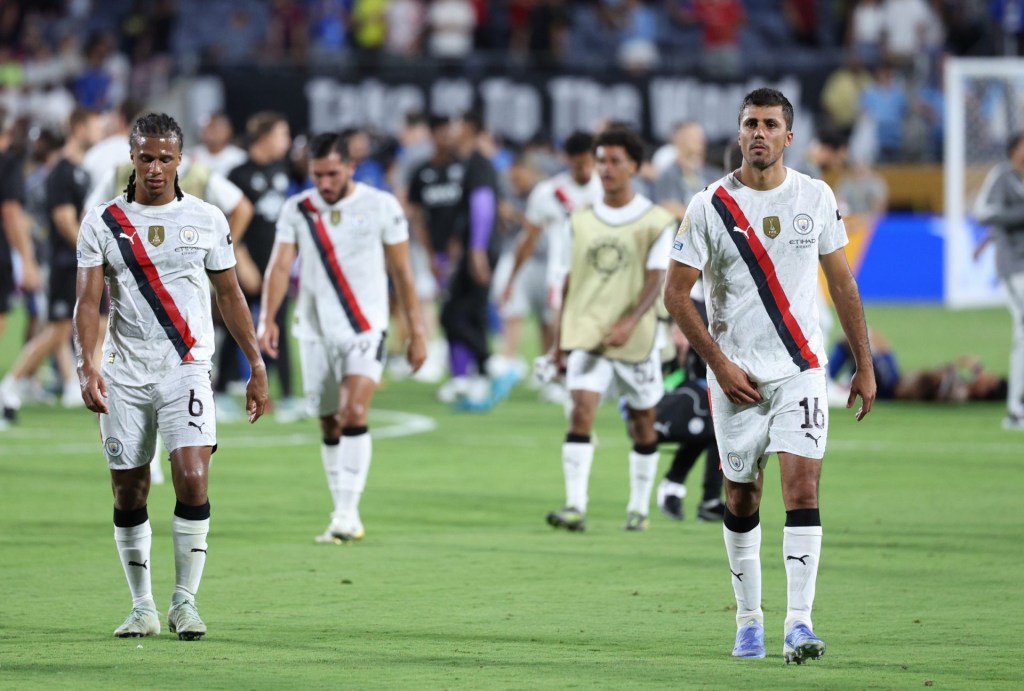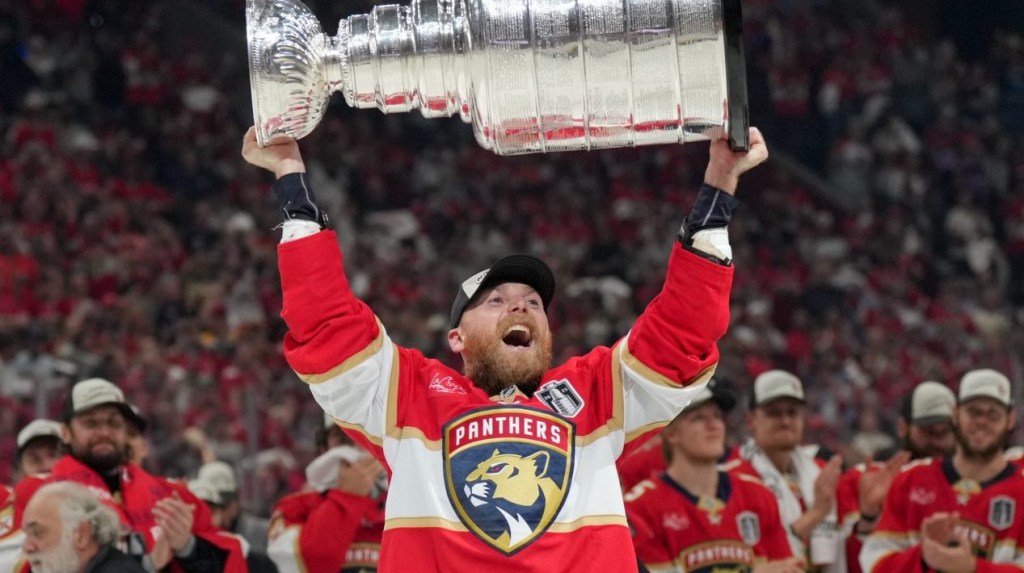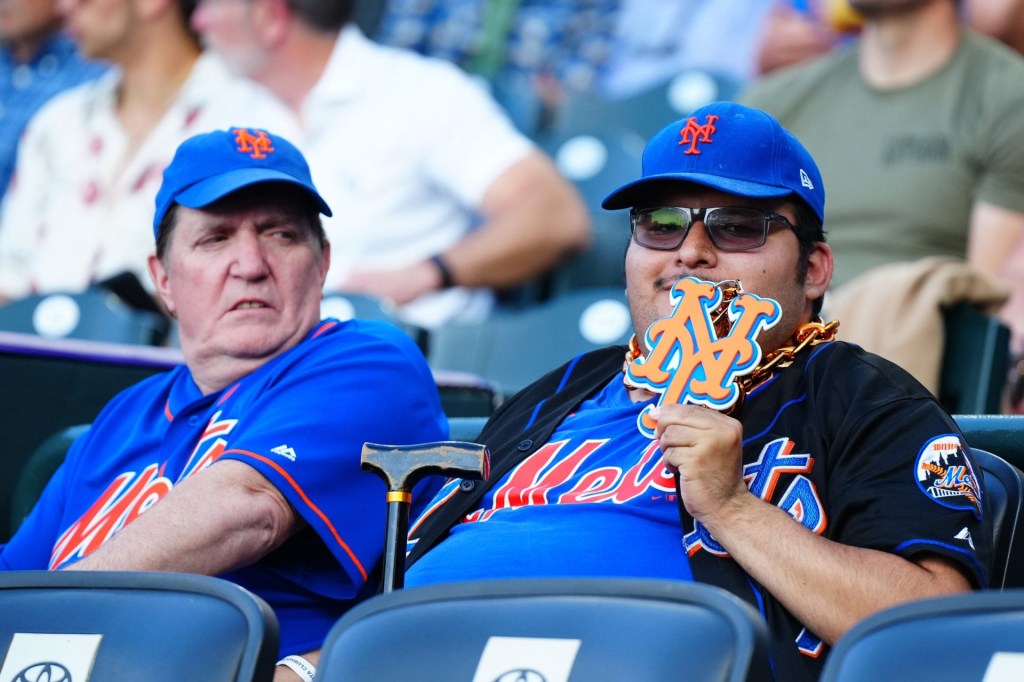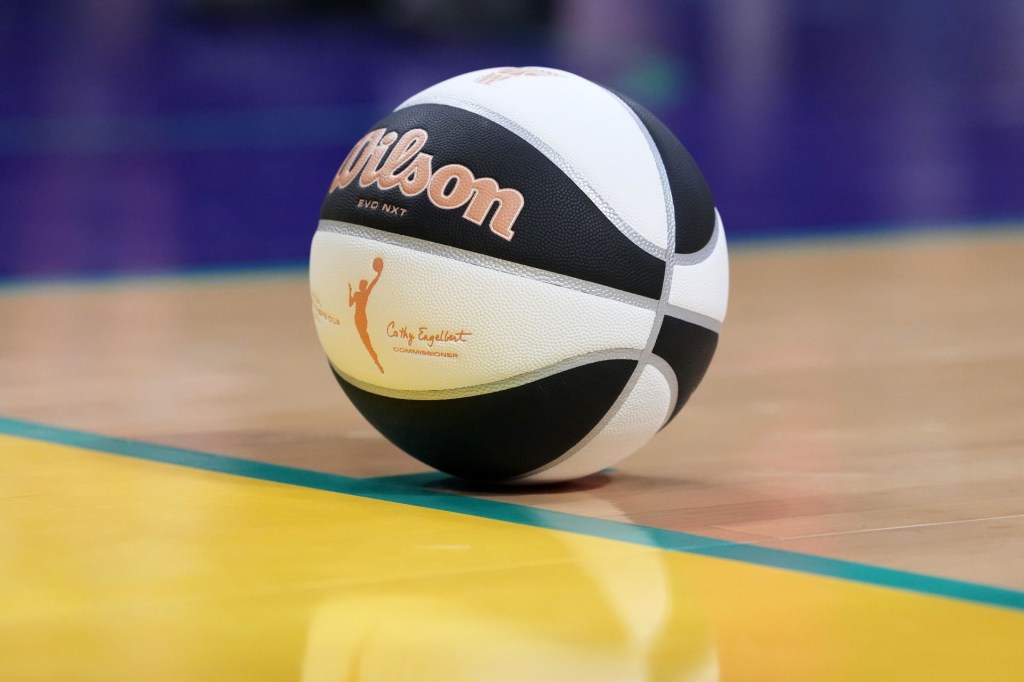SALT LAKE CITY — The capital of Utah has Temple Square, breathtaking hiking trails nearby, an NBA team, and now, an NHL team.
That’s thanks to Ryan Smith—and in many ways, Alex Meruelo. Smith purchased the Arizona Coyotes after Meruelo set fire to hockey’s future in the desert. Less than six months after Smith’s $1.2 billion acquisition of the financially floundering Coyotes, his Utah Hockey Club makes its regular-season debut against the Chicago Blackhawks on Tuesday night.
Smith has fought the city’s small-potatoes image—SLC is the 23rd-ranked U.S. media market—insisting there’s huge potential in the city of just more than 200,000 residents.
In a sit-down interview with Front Office Sports the evening before his new NHL team’s home opener, the 46-year-old tech billionaire says he’s “50 or 60% sure” he can turn Salt Lake into a hockey town.
Smith points to Las Vegas—an even smaller market known for everything Salt Lake is not. “It gives me comfort,” Smith says of the Golden Knights’ success. “We’re close [to Las Vegas] and my wife is from there. We understand the vibe down there. But we kind of have one that is not dissimilar to Nevada in a way. No one would have thought that Vegas would have been the sports town that [it’s become]. Everywhere you go, it’s Knights stuff. We have an opportunity to do that.”
The wheels are already in motion. The Smith Entertainment Group (SEG) has already seen city lawmakers approve a 0.5% sales tax increase to cover bonds that could provide up to $900 million to transform Delta Center into a more hockey-friendly venue. The arena has been the home of the Utah Jazz—another team Smith owns—since 1991. There are still lease issues to work out for the project that also include developing some adjoining real estate, but steps look promising.
The Utah Hockey Club—a placeholder name for the season—will claim the Delta Center as their home rink, where around 4,000 of the 16,200 seats have obstructed views of the ice. The sigh tlines may not be ideal, but it’s still an upgrade over the college rink the Coyotes played at the last two seasons that sat around 5,000.
“The Delta Center is such a steep arena, one of the steepest in the NBA,” Smith says about the situation. “So if something is going on below you, you can’t really see it. There are still great seats, and it will be a great environment.”
The final days of the Coyotes are an untouchable topic around the Utah team.
There are plenty of reminders of their roots via the largely unchanged roster of both players and front office staff. But now that they’re settled into Salt Lake City, nobody wants to talk about the NHL’s failure in Arizona. When a third season at Arizona State’s Mullett Arena became untenable for the Coyotes because Meruelo was unable to find a suitable long-term home for the franchise. Smith had the means—and he’d already signaled his desire to land an NHL club in a January news release.
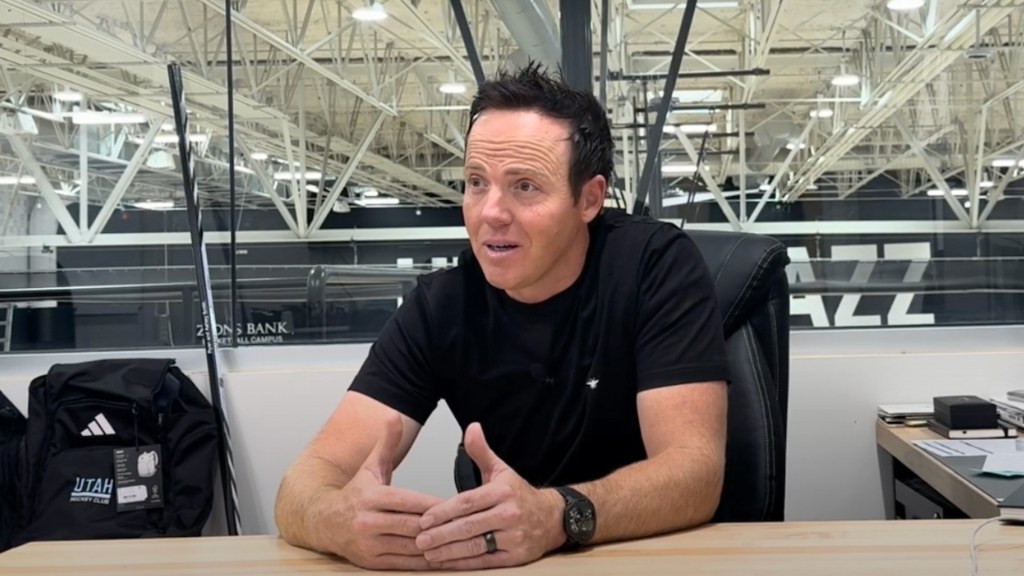
“So far, everything that’s been promised has been delivered,” André Tourigny, who is in his fourth season as head coach of the Coyotes/Utah Hockey Club, tells FOS. “I think the enthusiasm around the team is through the roof. We already had a great group who was really tight. The brotherhood on our team was already second to none.”
Ryan Smith and his wife, Ashley, have already been more accessible to the news media than Meruelo was during his nearly five years as owner of the Coyotes. The Utah Hockey Club co-owners answered every question asked through the 30-minute presser at the Jazz’s practice facility Monday, including how SEG ramped its head count to 800 employees (including part-timers) in preparation for its first NHL season.
“Things that could feel like chaos in another setting have felt fun and exciting,” Ashley Smith said at the news conference. “The stress hasn’t felt heavy. It’s just been exciting to see this whole team come together and do unnatural things and do hard things and then celebrate each other and empower each other. It’s been really cool from my seat.”
Smith says he was used to helping NBA players adjust “in a small way” since he purchased the Jazz in 2020. For hockey, he says, “We had to do that on a much larger scale, but we knew the playbook and we just tried to really bring the same experience that SEG already has and offer it to this new part of the family.”
Many of those new family members who came out of the dysfunction in Arizona say they appreciate the Smiths and SEG’s work to make the relocation process as stress-free as possible.
“He’s a man that puts people in place and lets them do their job,” GM Bill Armstrong says of Ryan Smith. “He gives you everything you need to be successful. From the moment we landed [in April], everything we needed has been [delivered] for us. We want to be an organization that has no excuses.”
Forward Josh Doan, an Arizona native and whose father, Shane, was a star with the Coyotes, echoed his coach’s sentiments about Ryan Smith. “He’s been unbelievable for all of us in helping us get settled,” Doan says. “He takes pride in making sure everything’s done the right way and he’s done an unbelievable job. Whenever you get a chance to talk to him, it just feels like he’s one of the guys.”
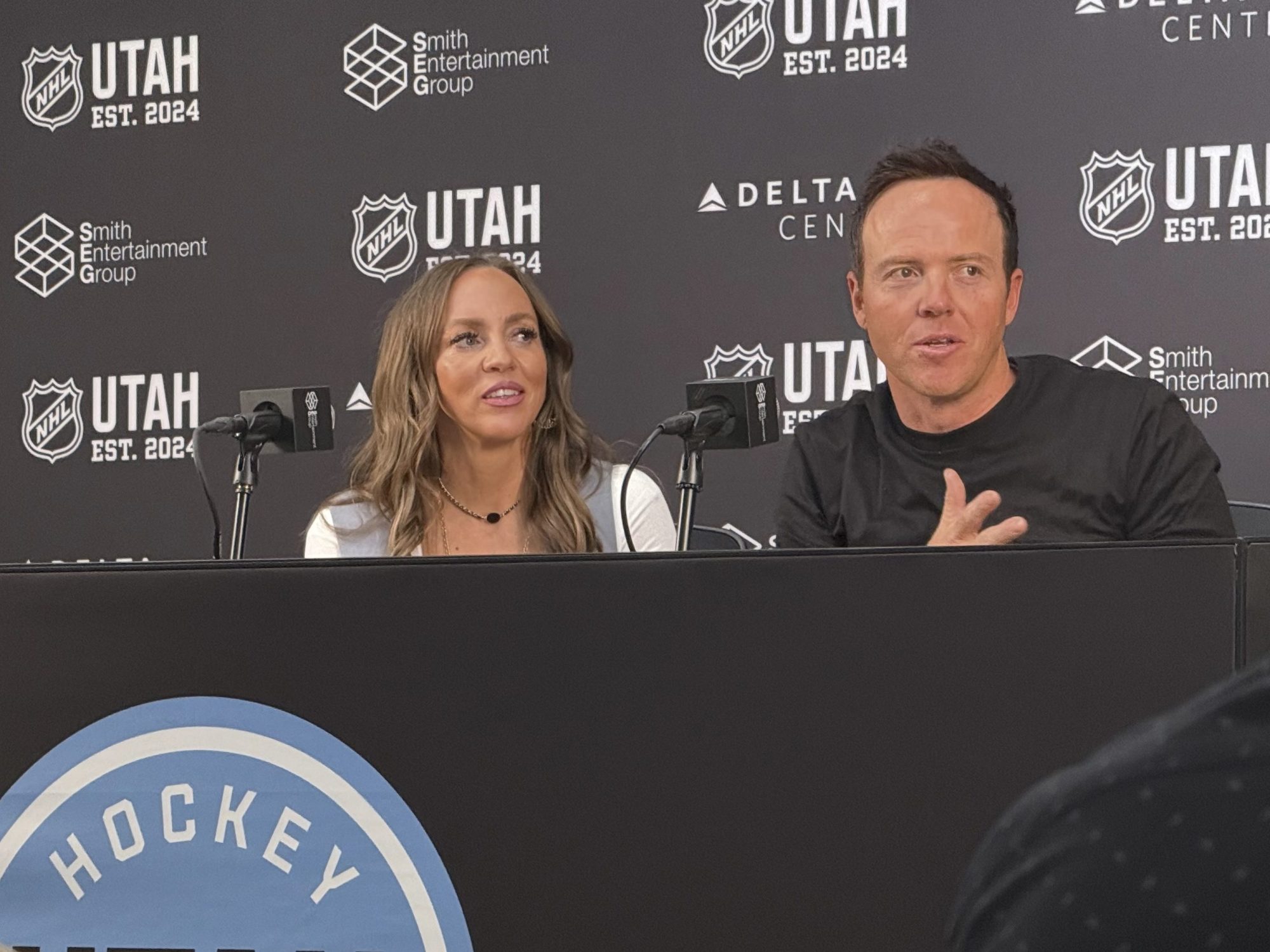
Smith does have a man-of-the-people vibe. That profile was recently bolstered when he slashed concession prices for the Jazz and Utah Hockey Club games, as well as by SEG’s decision to put all non-nationally televised Utah Hockey Club games available free via over-the-air antenna to go along with its pay streaming service.
The hill to climb toward early success—and emulating Vegas—could be more like a trek up one of the mountains that surround SLC. The Utah Hockey Club enters its first season with few roster changes from its final year as the Coyotes, a team that finished sub-.500 in 2023–2024 and made the playoffs only once since the 2012–2013 season. (Not that you can bet on sports in Utah, but Utah is 28-to-1 to make the Stanley Cup Final.)
Regardless of their performance, they have a No. 1 hype man front and center.
“Anyone who does their homework and actually studies markets would probably choose Utah because of the way people show up and the growth and the youth,” Smith says. “You can just bet on that. You can have a market with eight million people that—because of the demographics—don’t show up or don’t care or aren’t into it. The amount of people who tell me they are Utah Hockey Club fans now has been pretty incredible. We are all getting in on this on the ground floor.”
